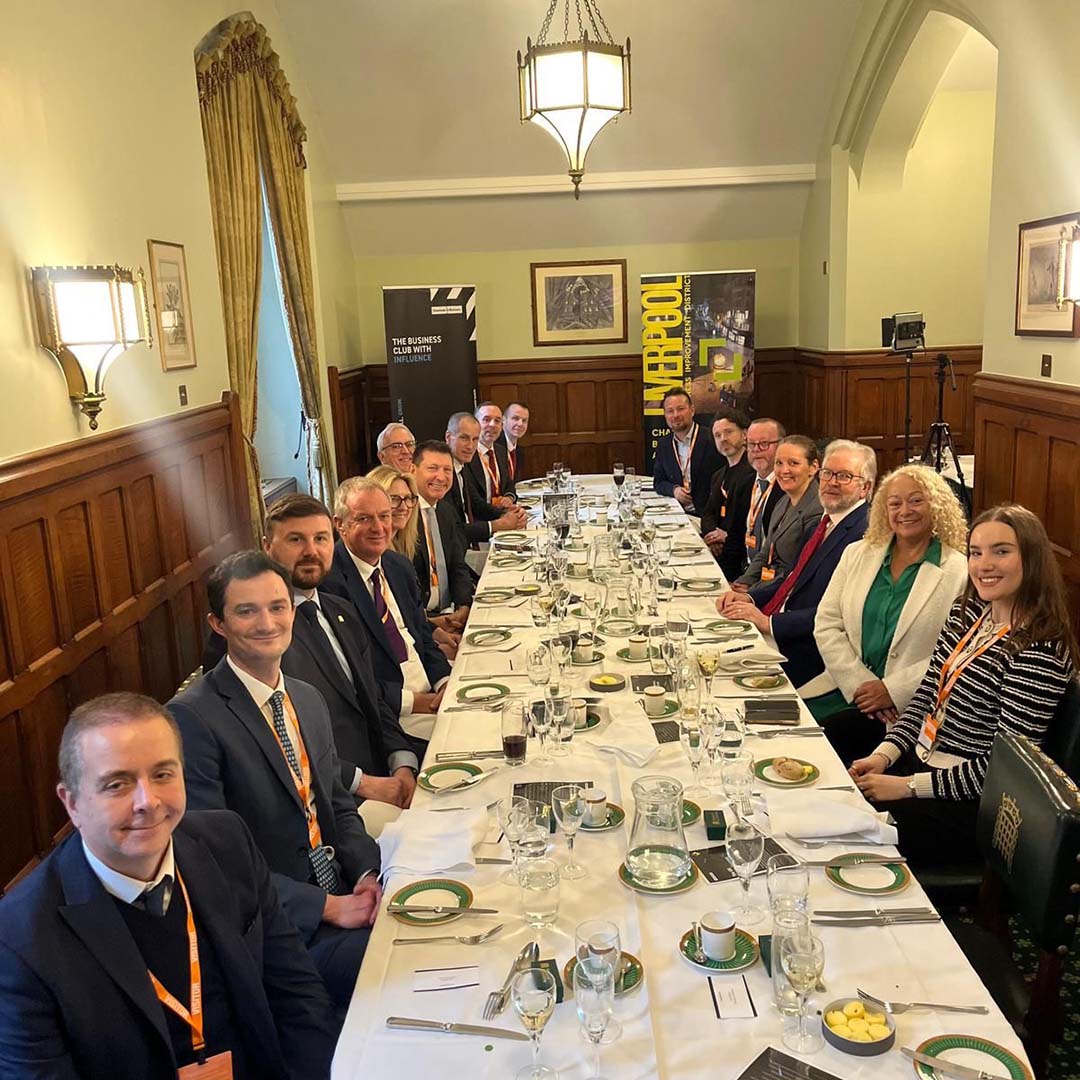RAIL FRUSTRATION NOW AND IN FUTURE
I thought the northern mayors were very generous in describing their talks with Transport Secretary Mark Harper this week as “positive.”
OK Harper seems to be a little less confrontational with the unions than his predecessor Grant Shapps. However, if you look at what he said about long term rail investment, it was thin gruel.
Downtown is campaigning for HS2 to enter Piccadilly station underground for excellent efficiency, business, and environmental reasons. The Transport Secretary seems unconvinced, complaining about the £5bn claimed cost. He did leave the door open saying the legislation was not set in stone. So Downtown will continue its campaign.
It also looks as if we are only going to get Northern Powerhouse Rail lite from Manchester to Leeds, excluding Bradford.
These long-term investment decisions are for the future, most people’s minds are on the appalling service currently being offered by TransPennine and Avanti. The thousands of cancellations are costing the North West economy £5m a week. The causes are many, but the main problem seems to centre on the rail companies’ reliance on drivers working on rest days. With goodwill withdrawn due to the pay strikes, this strategy has proved reckless.
Also, on the subject of rest day and seven day working, I have watched a host of interviews with ministers and union leaders where the interviewer has failed to put the key question. Are the unions prepared to work on a seven-day timetable in return for a buy out of the restrictive practice? If the Rail Maritime and Transport Union really expect a 10% pay rise with no buyout of “Spanish practices” then we know where we are, and the government can be appropriately tough.
The privatisation of rail has failed. We are now in an Alice in Wonderland World where the government is either directly running failed franchises or is operating behind the scenes at the negotiations.
Meanwhile the public are suffering nearly everywhere in the North West, except on the well run Merseyrail network.
COUNTY DEALS
Now let’s return to the long running saga of Lancashire and Cheshire’s attempts to make a meaningful response to the powerful city regions of Liverpool and Greater Manchester.
Lancashire County Council’s Cabinet this week endorsed a Lancashire 2050 strategy. By collaborative working between the fourteen, yes fourteen, local authorities, they hope to help the economy, transport, environment, education, skills, health, and communities. They expect government help with this.
We are told Lancashire 2050 “sits above” efforts to get a county deal.
Well Lancashire, the government have made it clear that the big money rests with county deals and an elected mayor. A new raft of county deals has just been announced.
It looks as if Lancashire has not succeeded in resolving its internal rivalries and is hoping this alternative approach will work. We shall see.
Meanwhile Cheshire West and Chester, Cheshire East and Warrington continue to make progress on a County Deal. It will not be easy. The elected mayor idea divides opinion and is particularly difficult for Cheshire East Independents who share power with Labour but believe in a very local approach to decision making and fear an elected mayor model would favour Chester or Warrington rather than Middlewich and Congleton.














